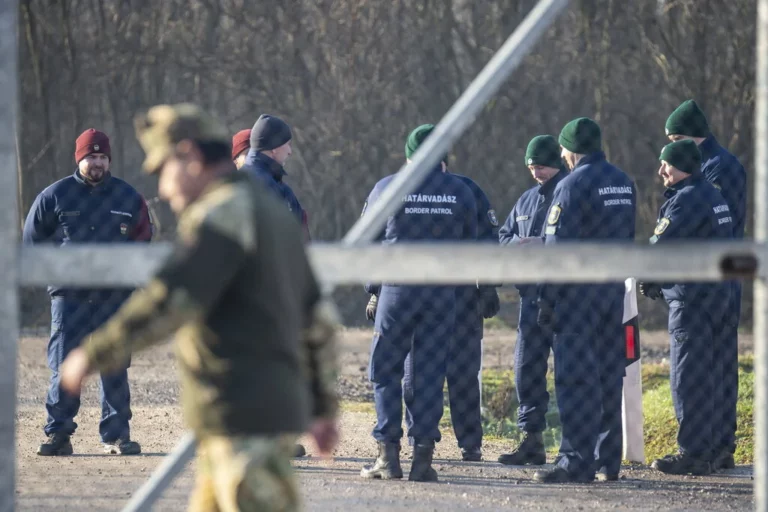Austria
Caution: Hungarian commuters’ cars vandalised in Austrian car parks

Hungarian children are being taken to Austria

Eurostat: Budapest’s living standards overtake Vienna’s

Orbán criticises Brussels together with the president of the Austrian Freedom Party

Hungary turns to Burgenland governor over Austria-Hungary border traffic constrictions

Details of the tragedy in Austria: the car of three Hungarian workers crashed into a bus

VIDEO: Three Hungarians die in horrific accident in Austria

PHOTOS: Helicopter crashed near Hungary’s main motorway leading to Austria

Austria closed the road to people commuting from Hungary

Australian Hungarian Cultural Convention opens!

Hungarian postperson gets dream salary in Austria – would you do this too?

Austrian Defence Minister Klaudia Tanner visits Hungary

This is why fuel in Hungary is the most expensive in the region

Strict border control may be reinstated on the Austrian-Hungarian border

Austria mentioned kicking out Hungary from the Schengen zone – Orbán wants a tripartite summit

On screen: Central Powers’ Jewish soldiers in WW1

Hungarian snowboarder takes down skiers in Austria — VIDEO

The most stunning mountain viewpoints in Hungary





 ZH
ZH IT
IT DE
DE HR
HR NL
NL FR
FR JA
JA RO
RO RU
RU ES
ES TR
TR
